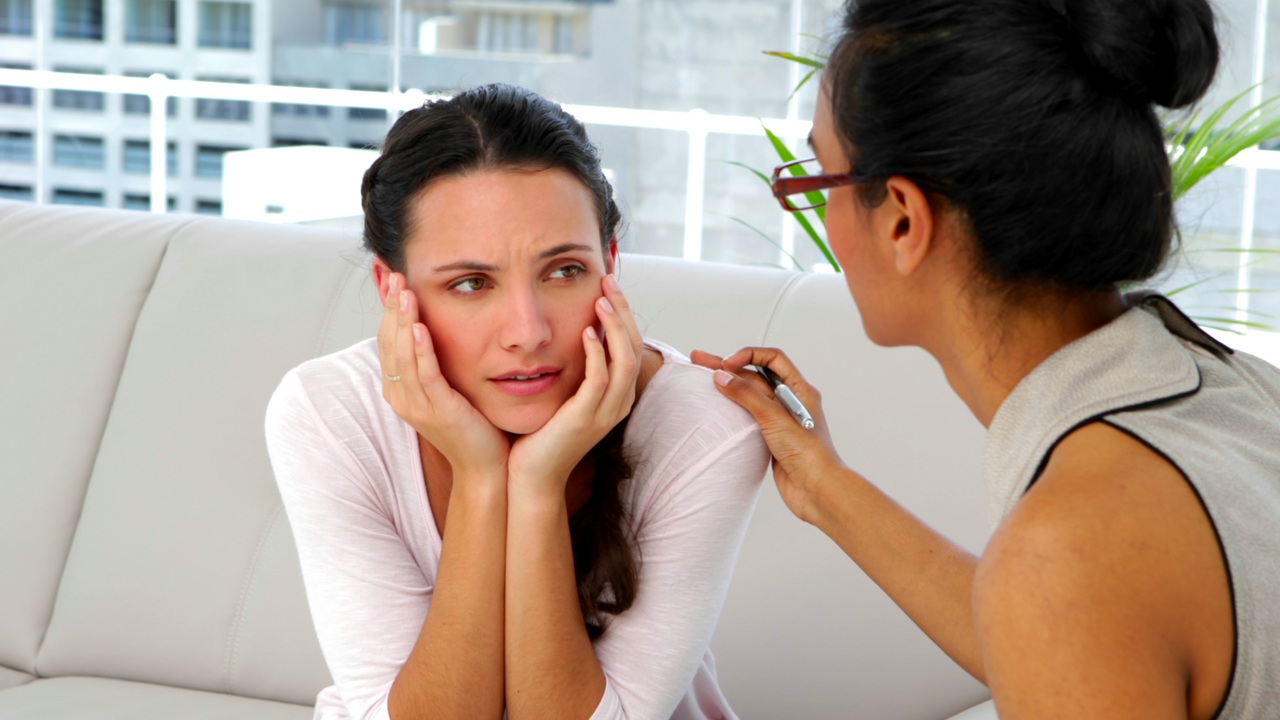
Why Are Women More Prone to Anxiety Disorders?
Light House Denver – Anxiety disorders occur when persistent, excessive worry interferes with daily activities, even in the absence of a clear threat. While anxiety is a natural response to stress or perceived danger, it becomes a disorder when the symptoms are frequent, intense, and difficult to control. Interestingly, studies show that women are more likely to experience anxiety disorders compared to men.
Several factors contribute to women’s higher susceptibility to this disorders. One of the most significant is hormonal fluctuation. Changes in estrogen and progesterone levels during menstruation, pregnancy, and menopause can influence mood and anxiety levels. Additionally, social and cultural pressures, such as the expectation to juggle multiple roles as caregivers, professionals, and homemakers, can lead to chronic stress, increasing the risk of anxiety.
“Continue Reading: Why Did Thailand Legalize Gambling and Casinos?”
Women may experience various types of anxiety disorders, including:
Women suffering from anxiety disorders may display physical symptoms like rapid heartbeat, shortness of breath, headaches, digestive issues, and sleep disturbances. Emotionally, they may feel irritable, restless, unable to concentrate, or helpless.
The good news is that anxiety disorders are treatable. Common approaches include cognitive-behavioral therapy (CBT), counseling, medications such as antidepressants or anti-anxiety drugs, and lifestyle changes like regular exercise, mindfulness practices, and adequate sleep.
Social support from family and friends also plays a critical role in recovery. It’s important for women to understand that seeking help is not a sign of weakness but a step toward better mental health.
Anxiety disorders go beyond temporary stress or worry, they can deeply impact a woman’s quality of life. Recognizing the symptoms early, seeking support, and following a consistent treatment plan are essential for regaining peace of mind and confidence.
“Read More: Spanking Children Can Harm Their Psychological Health”